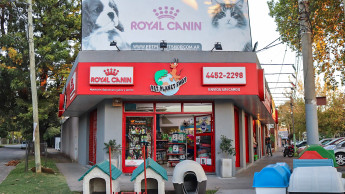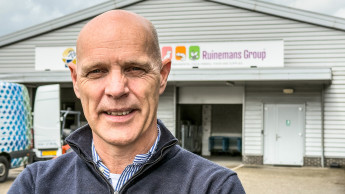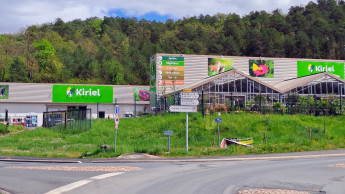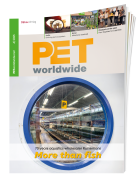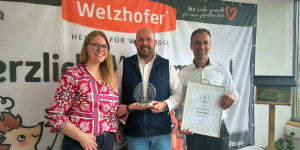The German pet supplies sector is traditionally resistant to change. Most pet product retailers and more than a few industrial suppliers reacted to the arrival of Fressnapf in the market in 1990 with a mixture of ridicule, contempt and anger. In 1999, when pure player Zooplus launched an online shop for pet supplies, the founders were initially derided as "Pet Shop Boys" and received a hostile reception from many in the sector on account of their aggressive sales pricing.
In the early years Zooplus found it difficult to gain a foothold in the pet product sector. The company employed predominantly experienced business economists and smart computer experts. Initially they understood virtually nothing regarding the conventions of the pet sector, in which some things are done differently from other spheres of business and emotion plays a particular role; but the company never lost belief in itself and its concept. It learned quickly from mistakes and optimised its strategy permanently and unusually consistently. Zooplus even survived the tough years of the new millennium, when the new market collapsed at the stock exchange and many hopeful e-commerce companies had to file for insolvency. The online retailer emerged stronger from the crash, invested heavily in logistics, and in addition to focusing on its German-speaking home market, targeted foreign expansion from 2005 onwards.
Impressive key indicators
When Zooplus went to the Frankfurt Stock Exchange in 2008, the company generated 85.1 mio euros (sales revenue and other income). In 2018, just ten years later, the pure player generated overall sales of 1.35 bn euros. Other key indicators also suggest that things are going well at Zooplus: sales revenue increased by double figures in all European countries in 2018, the number of active customers at the end of the year was 6.77 mio, new customers totalled 2.91 mio and orders reached 25.5 mio. This is in spite of the steady growth in competition in international pet supplies retailing in the last few years.
Strong private label growth
The company markets an extensive assortment of roughly 8 000 products covering all relevant pet categories. Zooplus is the only online pet supplies retailer truly operating Europe-wide, with a presence in 30 countries. A continually optimised international logistics network enables the company to deliver fast and reliably to customers in most European states. 77 per cent of Zooplus's sales now derive from its operations abroad. The dog segment accounts for 49 per cent of sales, just ahead of the cat category with a 47 per cent share of sales. The remaining product groups such as aquatics, small animals, birds and equestrian account for just 4 per cent. The company's private labels are growing in importance and generated sales amounting to nearly 170 mio euros in 2018, equivalent to roughly a 14 per cent share of sales.
Mobile platforms
Zooplus is better equipped than virtually any other company in the pet supplies trade to handle the rising proportion of purchases via mobile platforms. Its share of purchases transacted here was over 30 per cent, according to its 2018 annual report. Of these, around 10 per cent of transactions were carried out on the Zooplus app. In addition to a host of online marketing initiatives, Zooplus covers a broad spectrum of social media channels such as Facebook, Twitter, Instagram und YouTube. The online retailer is also looking increasingly to influencer marketing; market observers view this as an attempt by Zooplus to lessen its high dependency on Google. The price of search engine marketing has risen steadily in recent years, while Google advertising has brought Zooplus lower and lower returns in terms of new customers. New approaches have thus proved necessary.
To strengthen its retail position further and test new market segments, the company has for some time been incorporating products from outside the pet segment into some of its shops, for example Bitiba and Zoobee. These are mainly food and toiletries, along with organic and vegan products. As the assortment is gradually augmented, there is a lot of evidence to suggest that the range expansions originally launched as tests have produced the desired success. The new assortments have surely helped to bind customers more strongly to Zooplus and its brands and to make the shops more attractive.
The Nutriment Company enters the Polish market
The Nutriment Company (TNC) is ending 2025 with another significant step: its tenth acquisition this year alone. With the acquisition…
Problems
In spite of Zooplus' successes, it should be said that there are still some question marks over the online retailer's further development. After returning earnings before tax (EBT) consistently in the single- or double-digit million range between 2013 and 2017, there was a hefty deficit of 2.3 mio euros in 2018 - a consequence of major investment in marketing, logistics and staff, according to Zooplus. The share price reached its peak in May 2018 at 191.8 euros per share, then declined sharply and is currently bobbing around the 100 euro mark.
A negative EBT is expected for 2019 too, and sales growth forecasts are somewhat lower than in previous years at a maximum of 14 to 18 per cent. Board chairman Dr Cornelius Patt was already forced last year to postpone his goal of breaking the two-billion sales barrier by 2020.
How can Zooplus achieve its high sales targets in the future against tougher competition, therefore, without expenditure on marketing and modern IT growing exponentially at the same time? The answers that the company will give to this all-important question should determine whether the Zooplus success story will continue. Still, the pure player has so far managed to get to grips effectively with another problem, the gross profit margin. In 2018 it increased to 28.7 per cent and is likely to improve further in the next few years with an expected increase in the proportion of private labels. Zooplus might thus also succeed in setting itself apart more definitively from its competitor Amazon.
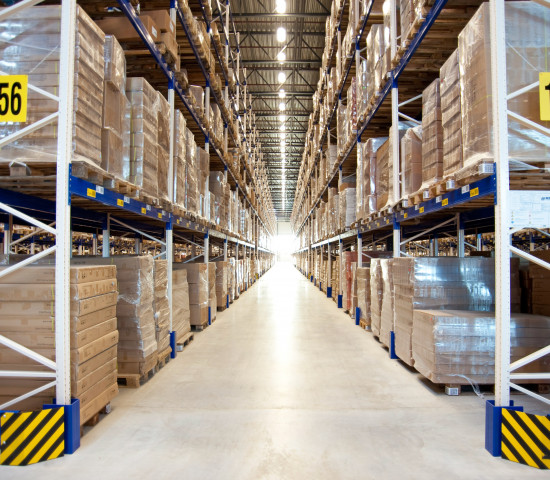
An international logistics network enables Zooplus to deliver fast and reliably to customers in most European countries.
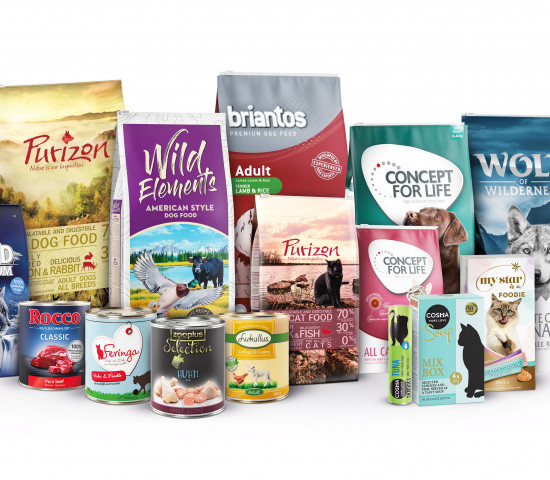
The company‘s private labels are assuming
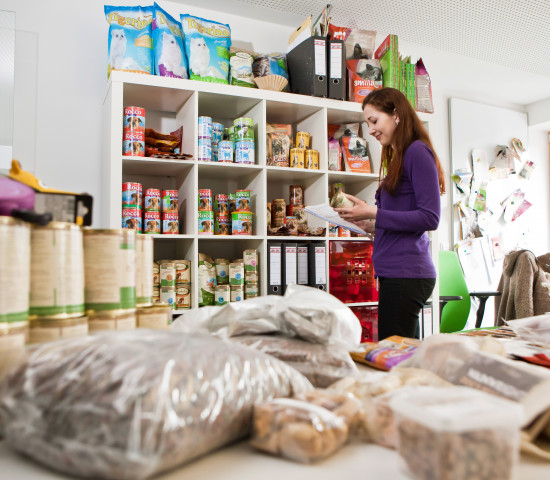
greater importance.




 Menü
Menü

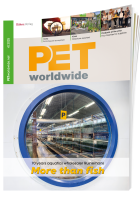



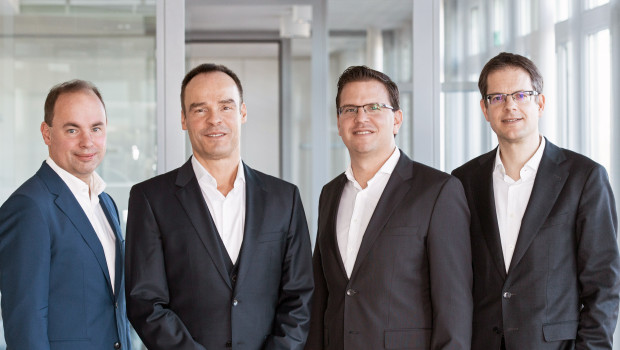

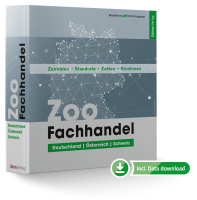
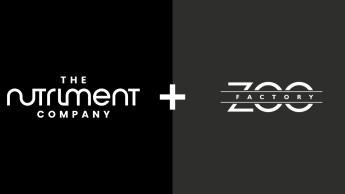
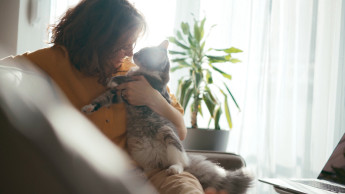
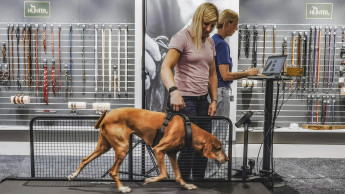
 Print - digital - online
Print - digital - online